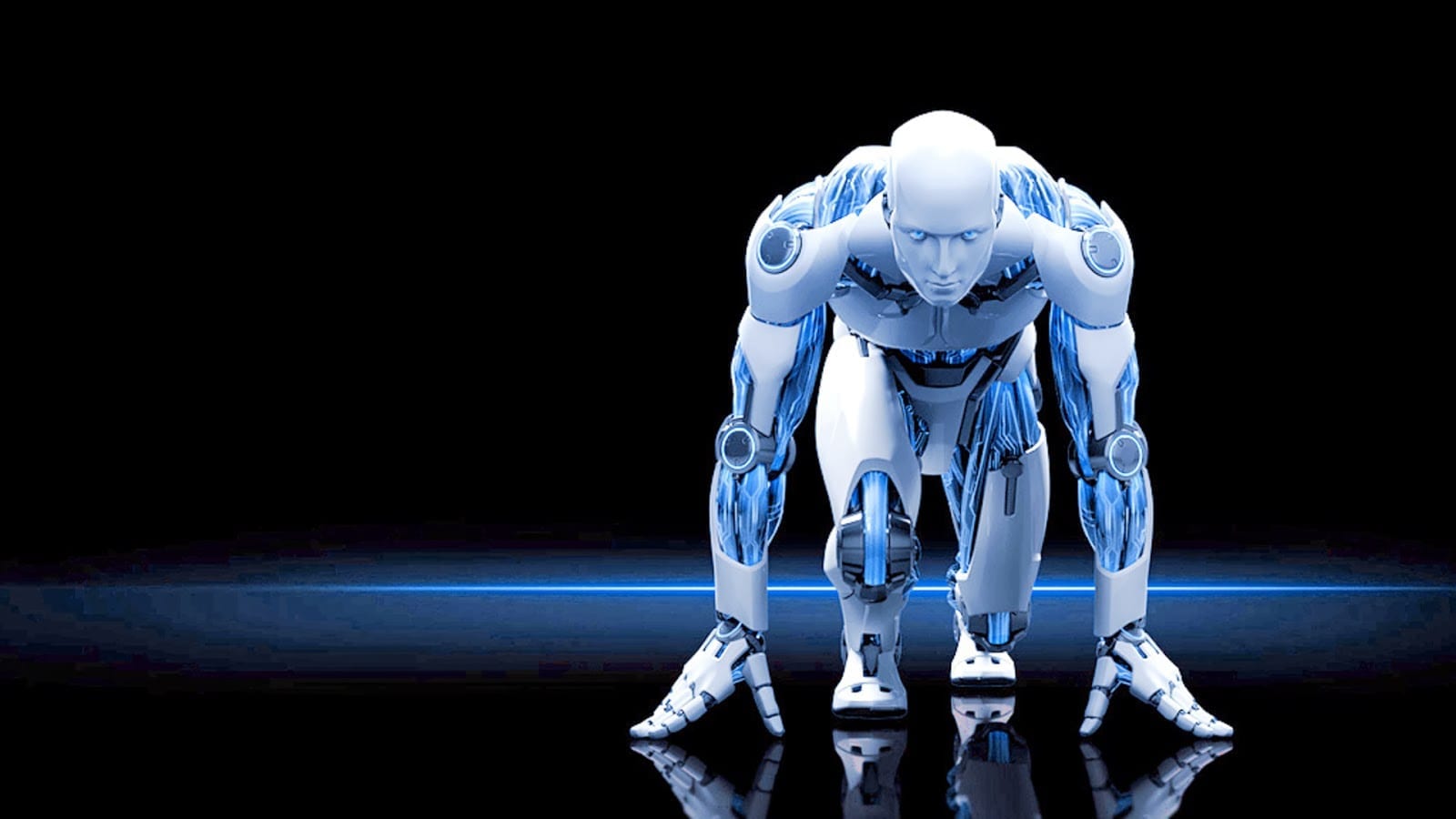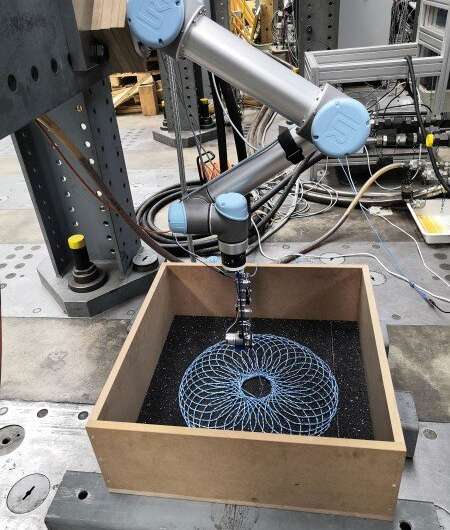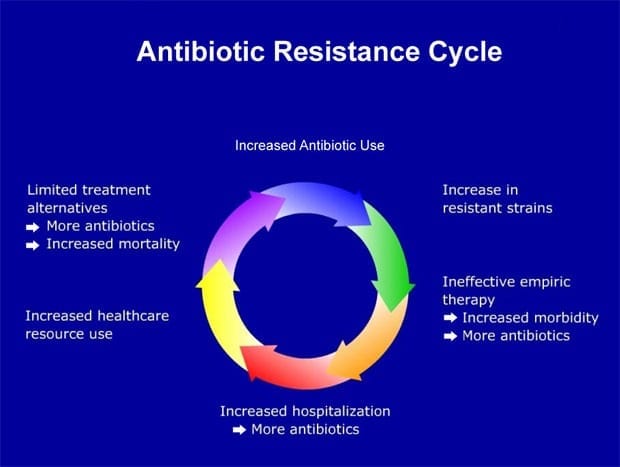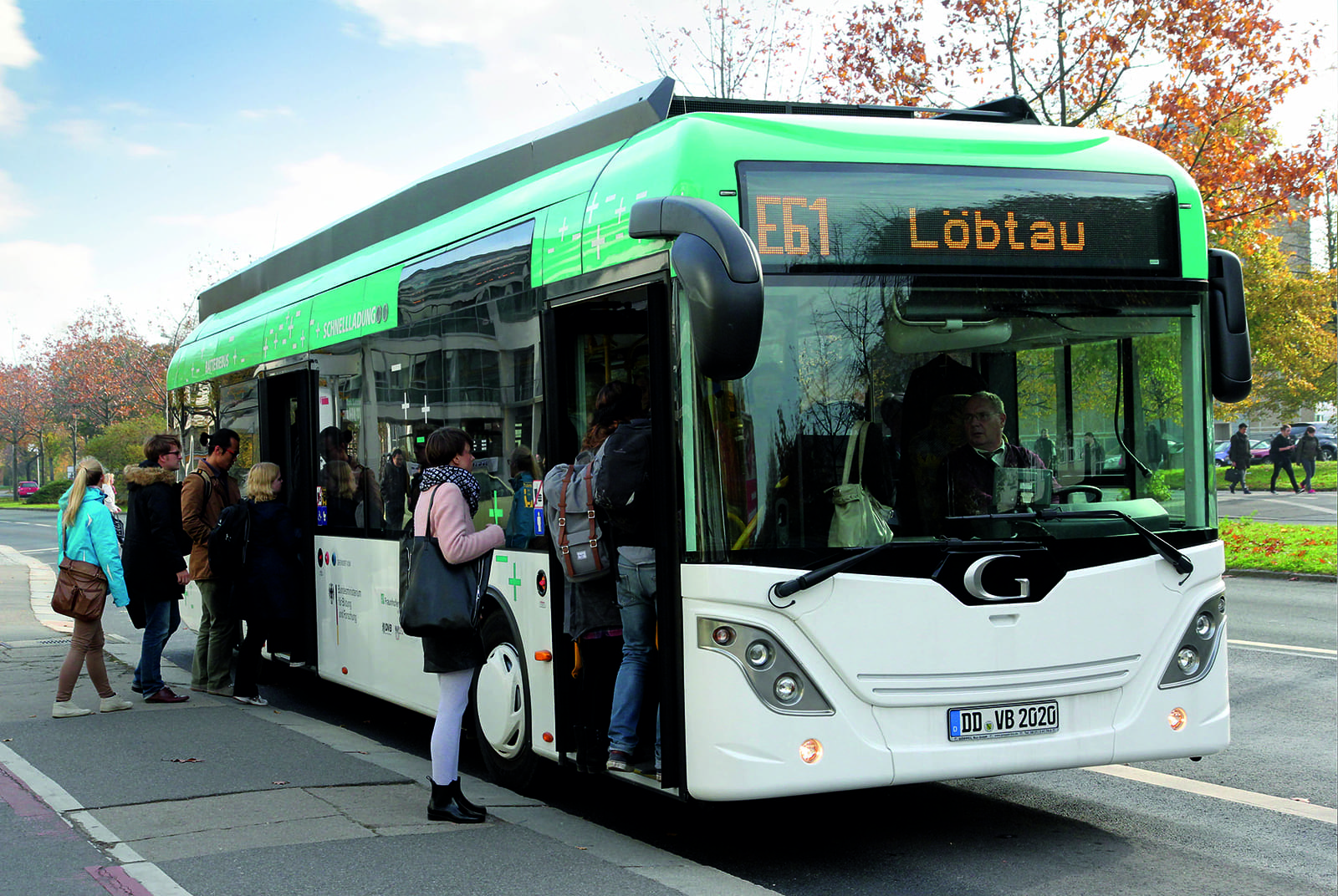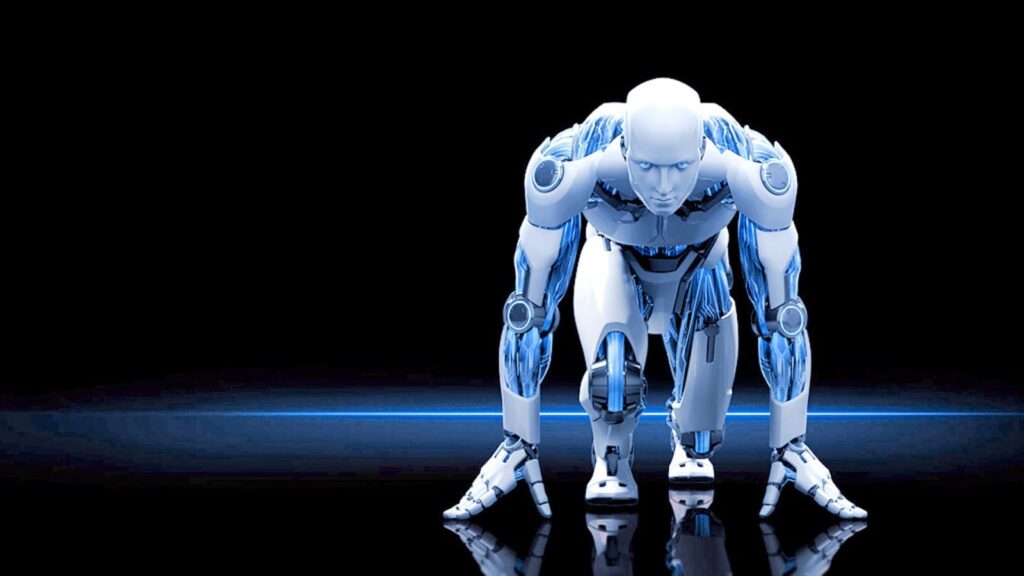
There is no shortage of angst about the relentless advance of digital technology and what it means for the work force, if not humanity. Dire warnings have come from no less than Elon Musk, Stephen Hawking and Bill Gates. “Summoning the demon” was Mr. Musk’s evocative phrase to describe the potential danger posed by artificial intelligence.
A group of academics, Silicon Valley venture capitalists and executives acknowledged the issue this week, when they posted an open letter in an effort to start a national discussion on modernizing policy for the digital economy. Past waves of technological change, they noted, have delivered new jobs and higher wages. “This time around,” they wrote, “the evidence is causing some people to wonder if things are different. Or, to paraphrase many recent headlines, will robots eat our jobs?”
Not necessarily, according to two new entries to the technology-and-labor debate. One is a lengthy cover article in the June issue of The Harvard Business Review, “Beyond Automation: Strategies for Remaining Gainfully Employed in an Era of Very Smart Machines” The other is a study, published late Wednesday, by the McKinsey Global Institute, the research arm of the consulting firm McKinsey & Company, “A Labor Market That Works: Connecting Talent With Opportunity in the Digital Age.”
The McKinsey study analyzes and forecasts the potential impact of so-called digital talent platforms. The report looks at three types of such platforms: job-finding and employee-seeking websites (such as Monster.com and LinkedIn); marketplaces for services (Uber and Upwork, for example); and data-driven talent discovery tools (like Evolv and Knack).
By 2025, McKinsey estimates, these digital talent platforms could add $2.7 trillion a year to global gross domestic product, which would be the equivalent of adding another Britain to the world economy. And the digital tools, the report states, could benefit as many as 540 million people in various ways, including better matches of their skills with jobs, higher wages and shorter stints of unemployment.
Companies that make efficient use of the digital platforms, McKinsey says, can increase their productivity by up to 9 percent by hiring the right workers for jobs more often and more quickly.
The research, said James Manyika, a director of the McKinsey Global Institute and a co-author, took a bottom-up approach. There was a close analysis of the labor markets in seven countries and of the inroads digital platforms have made in national markets and within specific companies. The projections, he said, were based on “very modest assumptions,” typically improvements of a few percent compared with the baseline of current performance.
New digital tools can make labor markets somewhat more fluid, flexible and transparent. The users of some of the online marketplaces are numerous and come from many countries. LinkedIn, Mr. Manyika noted, has more than 360 million members. “But while the platforms themselves are global, the vast majority of the effect is very local,” he said.
Some companies shop the globe for labor, using digital technology. That increases corporate bargaining power and can drive down wages for some jobs. But the technology, Mr. Manyika said, can also serve the interests of workers. “Companies can’t stop people from posting their profiles on LinkedIn,” he said. “That starts to shift the balance of power, and it empowers individuals a lot more.”
Read more: New Research Says Robots Are Unlikely to Eat Our Jobs
The Latest on: Robots doing human jobs
[google_news title=”” keyword=”Robots doing human jobs” num_posts=”10″ blurb_length=”0″ show_thumb=”left”]
via Google News
The Latest on: Robots doing human jobs
- Chilling new AI robot designed to learn human behaviour in just 24 HOURS amid fears of cyborg’s could ‘take over’on April 28, 2024 at 9:37 am
A CHILLING new AI robot designed to mimic human behaviour has ... With the chatbot ChatGPT able to write like a human, experts have previously warned white-collar jobs will be the first to face the ...
- The robots aren’t coming for your jobs – they’re already here taking them, starting with fast foodon April 25, 2024 at 7:58 pm
A major fast-food chain has replaced drive-through workers with artificial intelligence software and a video of a customer’s encounter with the new tech has gone viral.
- Chipotle is simultaneously cutting costs and avocados as it greenlights robots to make your guacamoleon April 25, 2024 at 12:34 pm
In our restaurants, we continue to explore technology tools that could drive higher productivity and improve the overall experience for our teams,” said Chipotle CEO Brian Niccol.
- The robots are coming ... for your weddingon April 25, 2024 at 6:33 am
NEW YORK — After the vows, the champagne toasts, the filet mignon and the first dance between the bride and groom — after all the normal wedding stuff — came the cue. The cue for the abnormal wedding ...
- Why animals run faster than their robot doppelgängers… for nowon April 24, 2024 at 11:00 am
“It [advances in robots] will move faster, because evolution is undirected,” University of Washington Department of Electrical & Computer Engineering Associate Professor Sam Burden said. “There are ...
- Industrial Robots and Their Human Counterpartson April 23, 2024 at 8:35 am
The conversation around robots and their use in manufacturing has long been controversial. Many fear that the introduction of robots into the workplace will displace human jobs. In some respects, yes, ...
- The best budget robot vacuums under $250 can clean up without cleaning you outon April 22, 2024 at 12:36 pm
Not only has this robot vacuum earned an average star rating of 4.3 on Amazon (based on more than 12,300 reviews), it's also currently $100 off when you use the Amazon instant coupon. This brings the ...
- Robots can make jobs less meaningful for human colleagueson April 18, 2024 at 11:46 am
Much has been (and will continue to be) written about automation’s impact on the jobs market. One aspect of the conversation that is oft neglected, however, is how human workers feel about their ...
- Boston Dynamics' New Atlas Robot Is Here: Will It Replace Your Job?on April 17, 2024 at 7:24 am
The new Atlas model drops the hydraulics for a fully electric model. Hyundai—a company investor—will pilot Atlas at the automaker’s next-generation factories.
- Meet The New AI-Robot Billionaireon April 15, 2024 at 3:30 am
Armed with more than $750 million in funding, Brett Adcock vows that Figure will become one of the most important businesses in the world. First, he has a lot of work to do.
via Bing News







